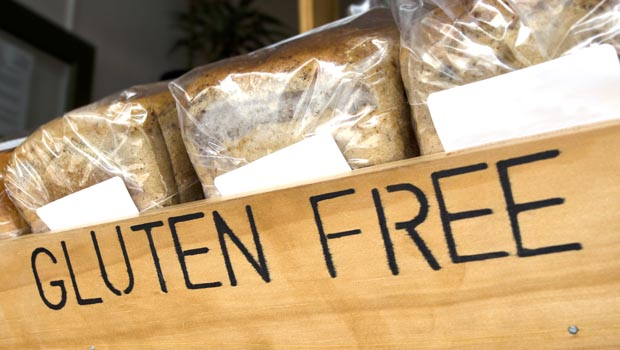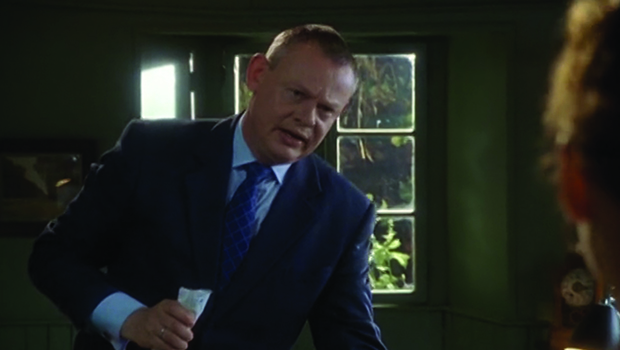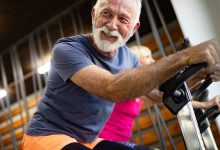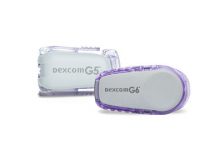Police Deny Man Insulin for Hours After Baton Rouge Shooting
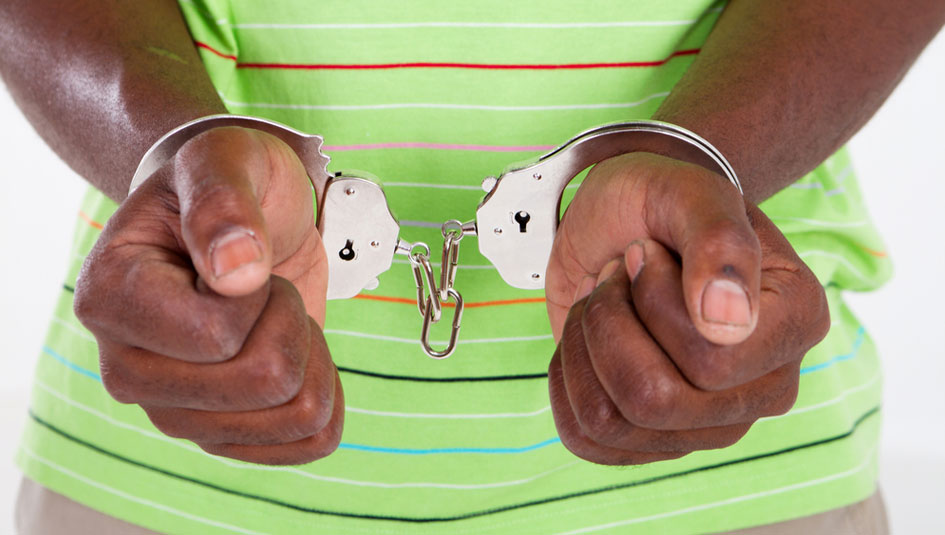
A person with diabetes was swept up by police and denied insulin for hours in the aftermath of the shooting of six police officers in Baton Rouge.
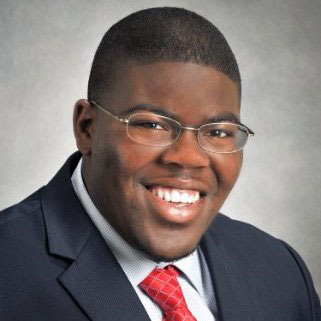 Through a collision of the most tragic of circumstances, in an environment that’s been characterised by violent deaths of civilians and police officers, Demarcus Alexander and his friend Den’Trell White were apprehended outside Baton Rouge, Louisiana on the very morning that a man gunned down six police officers, killing three. The two were held incommunicado by Addis, Louisiana police officers, East Baton Rouge parish sheriff’s deputies, and federal agents throughout the day and never charged with anything. And throughout that day, Alexander couldn’t convince the officers holding him that he and his friend were not who the cops were seeking nor that he needed insulin. He also didn’t know until day’s end that his cousin, Montrell Jackson, a Baton Rouge police corporal, had been one of the officers killed.
Through a collision of the most tragic of circumstances, in an environment that’s been characterised by violent deaths of civilians and police officers, Demarcus Alexander and his friend Den’Trell White were apprehended outside Baton Rouge, Louisiana on the very morning that a man gunned down six police officers, killing three. The two were held incommunicado by Addis, Louisiana police officers, East Baton Rouge parish sheriff’s deputies, and federal agents throughout the day and never charged with anything. And throughout that day, Alexander couldn’t convince the officers holding him that he and his friend were not who the cops were seeking nor that he needed insulin. He also didn’t know until day’s end that his cousin, Montrell Jackson, a Baton Rouge police corporal, had been one of the officers killed.
Demarcus Alexander told his story in a phone interview with Insulin Nation.
The Baton Rouge ambush on police officers started at 8:43 AM. At that time, Mr. Alexander and Mr. White had just bought coffee and breakfast snacks at a convenience store about a hundred miles away. The two are friends who went to Southern University and A&M College together, where Alexander majored in business. They had been on the road in White’s car, a silver Nissan bearing a disabled veteran plate in a neon pink frame, since four in the morning. White, a veteran from the war in Afghanistan, was scheduled to sing in church in Belle Rose, a town near Baton Rouge.
Along the way, they stopped at a Wal-Mart in Port Allen because White needed a white shirt for church. Someone saw the two getting into their Sunday best outside the Wal-Mart, deemed them suspicious, and called the authorities.
At a gas station in Addis, they were pulled over by police officers, one of whom told them that the car matched the killer’s car “to a T.” The killer, from St. Louis, had shown up in Baton Rouge in a rented grey Chevrolet Malibu, which may have been stolen, according to some news reports. They had the shooter, the police said, but they thought Alexander and White might have had something to do with the shooting.
Within minutes after being pulled over, officers in patrol cars and unmarked cars descended upon them. The were handcuffed and put in the back seats of two police vehicles, where they sat, bewildered for two hours before being taken to a state police facility, according to Alexander.
Alexander had been diagnosed with Type 2 diabetes five years ago, and his doctors put him immediately on insulin therapy. He uses a meter and a pen and usually needs four shots a day, with meals and at bedtime. He says he is the one of the least likely people to be suspected of having shot a police officer. He has worked for Fortune 500 defense contractors since 2012; to get such work, one’s background and security credentials must be beyond doubt. He also went on a trade mission to China with the National Urban League, and he has been a mentor in a program preparing young men for careers in business. And police work is the family business for his relatives.
“My dad, seven members of my family, are officers,” Alexander said. “When [the arresting officers] told me what had happened, I asked if I could use my phone to call my family and make sure everyone was all right.”
His phone had been taken, and he’d been asked to sign a consent to search its contents. Soon after being apprehended, his attention turned to his medical needs.
“When they first put me in the police vehicle, I said that I was diabetic and that I’d need my medicine by one o’clock,” he said.
At the state police facility holding room, Alexander again asked to have his insulin, which had been left in White’s car. He described a grey pouch that held his meter and the bag for his insulin pen. He also told three officers that he had a debit card receipt in the car from the convenience store that would put the two there when the shooting had started.
When officers returned from the car, they had the meter, but not the bag with the insulin pen. At this point, an officer contacted a jail emergency medical technician who confirmed that people with diabetes suffer from excess sugar in their blood, and suggested that Alexander might be just such a person.
“I could already feel my sugar elevated, getting sleepy and shaky, but with no insulin…but they did let me test myself,” he said. He declined to give the number, but he says it was very bad. “Here I am trying to coach them through. They tell me to let them know when I start feeling really bad, and I’m trying to tell them ‘now’, so we won’t get there.”
At some point, an officer brought him fruit juice, cookies, and some peanuts.
“Just what I didn’t need, but I’d told them I did need some food with my medicine,” he said. “The officer who’d brought the juice and snacks told me he was diabetic, too, but he showed no understanding of what was going on … they were running around like chickens with their heads cut off.”
It would be understandable if the officers were stressed and may not have been thinking clearly; someone had gunned down six of their own. Still, that didn’t help Alexander, whose blood sugar levels were steadily rising.
Officers eventually arrived with the bag, and Alexander was allowed to open it, but his insulin pen was missing. It was then that he remembered that he’d taken a shot with his coffee and snack on the road from Dallas, and he asked if someone would check the car again for the pen.
“We’ve been back to the car twice already,” an officer told him.
He still was without insulin late in the afternoon, and by then he needed medical attention. Alexander’s memory of this time was hazy.
“Someone must have looked in the cell and seen my sleepy face, seen me sluggish, incoherent,” he said.
A fire department EMT was summoned, who put him on a stretcher and readied him for a trip to the emergency room. White was being released from his holding cell as Alexander was leaving for the hospital.
Alexander saw that the officers had his cash register receipt and a security camera photo of him standing at the coffee machine at the convenience store. The officers told White he was free to leave and pick up his friend at the hospital. When White arrived at the hospital, which was still in lockdown following the shootings, Alexander was able to recover his insulin pen from the car.
Insulin Nation sent a written inquiry to the Louisiana attorney general, who is a member of that state’s police standards and training agency, several days before Alexander’s interview. In the inquiry, the attorney general was asked if peace officers are trained to recognize symptoms of diabetic distress, and whether a lack of, or failure in, training could explain what happened to Alexander. At publication time, we have not received a response. Police did not respond to requests for comment from previous news organizations, as well.
Alexander missed his flight home and incurred $300 in expense to be re-ticketed. As of the day we spoke, the state of Louisiana had not yet decided whether to pay his $2,800 ambulance and hospital bill, because he was never formally arrested.
“They say it’s a grey area,” Mr. Alexander told me.
Thanks for reading this Insulin Nation article. Want more Type 1 news? Subscribe here.
Have Type 2 diabetes or know someone who does? Try Type 2 Nation, our sister publication.



